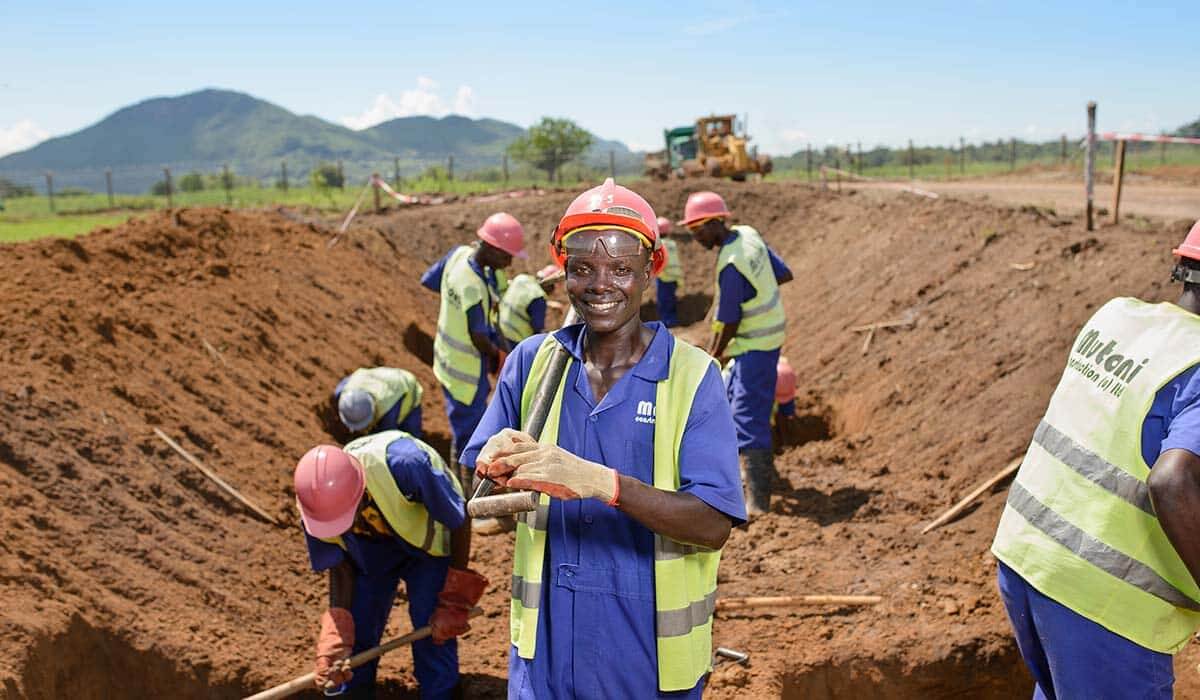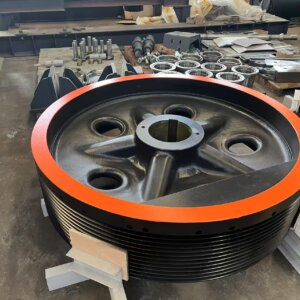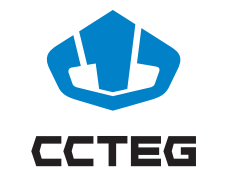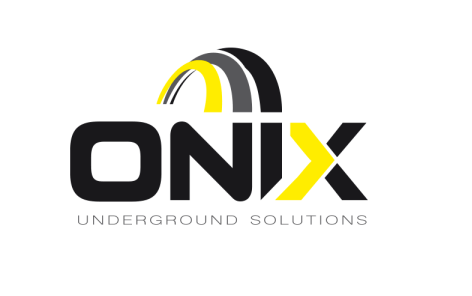Africa is undergoing a massive transformation with several mega projects that aim to support its rapidly growing population and drive economic growth.
These projects span various sectors, including energy, transportation, technology, and urban development.
In this article, we will explore the top 10 mega projects in Africa, highlighting their significance, scope, and potential impact on the continent.
1. Grand Inga Dam (Democratic Republic of Congo)
The Grand Inga Dam is the largest construction project in Africa and one of the most ambitious hydroelectric schemes in the world.
Located at Inga Falls on the Congo River, this proposed dam is designed to have an average output of 39,000 MW annually, nearly twice as much as China’s Three Gorges Dam.
The project is expected to cost an estimated $100 billion, including the cost of transmission lines needed to carry its power across the continent.
Despite its potential, the project has faced funding challenges, with the World Bank withdrawing its support in 2016 due to disagreements over the project’s implementation.
2. Egypt’s New Capital City (Egypt)
Egypt is building a new administrative capital city located 45 kilometers east of Cairo. This smart city, yet to be named, will feature:
- 21 residential districts
- 25 commercial districts
- A recreation park double the size of New York City’s Central Park
- 90 square kilometers of solar energy farms
- Several artificial lakes
The city will also include:
- A technology park
- 40,000 hotel rooms
- A theme park four times the size of Disneyland
- 2,000 educational institutions
- 1,250 mosques
- 663 hospitals and clinics
- A new international airport
The total cost of the venture is yet to be disclosed, but the transfer of government ministries, foreign embassies, parliament, and presidential palaces is anticipated to cost $45 billion.
3. Konza Technology City (Kenya)
Kenya has embarked on the construction of Konza Technology City, a $14.5 billion project located 64 kilometers south of Nairobi. Dubbed the “African Silicon Savanna,” this smart city aims to attract technology talents and investors to drive economic growth. The city will focus on:
- Business process outsourcing
- Software development
- Data centers
- Disaster recovery centers
- Call centers
- Light manufacturing industries
- Research institutions
Despite its potential, the slow pace of the project has raised concerns among key stakeholders.
4. Dangote Oil Refinery (Nigeria)
Africa’s richest man, Aliko Dangote, is building a massive oil refinery in the Ibeju Lekki district on the outskirts of Lagos, Nigeria.
Estimated to cost between $12 billion and $14 billion, the refinery will have the capacity to process 650,000 barrels of crude oil per day, making it one of the world’s largest oil refineries. The project is expected to:
- Generate 9,500 direct jobs
- Create 25,000 indirect jobs
- Produce Euro-V quality gasoline, diesel, jet fuel, and polypropylene
The refinery is anticipated to begin operations in 2024, with about 60% of the funding being self-financed by Dangote.
5. Lagos-Calabar Railway (Nigeria)
The 1,400-kilometer Lagos-Calabar Railway is a significant infrastructure project in Nigeria, with an estimated cost of $10 billion.
Initially contracted to a Chinese company, the project is now being eyed by Ameri Metro Inc., based in the U.S., after the Chinese failed to raise the necessary funds.
Once completed, the railway will connect major cities such as Port Harcourt, Uyo, and Aba, enhancing the movement of goods and services in the region.
6. Bagamoyo Port (Tanzania)
Tanzania is constructing an $11 billion mega port in the historical town of Bagamoyo, aiming to become a regional economic powerhouse.
Funded primarily by China, the port is expected to handle 20 million containers annually by 2045, making it the largest facility of its kind in East Africa.
The project is a tri-state venture between Tanzania, China, and Oman, with China Merchants Port building the port and an Omani sovereign wealth fund establishing a 1,700-hectare special economic zone adjacent to the port.
7. Kenya Standard Gauge Railway (Kenya)
Kenya is building a 969-kilometer standard gauge railway from Mombasa to Malaba at a cost of $9.9 billion.
This project is one of the largest infrastructure undertakings in Africa. The project is divided into several phases:
- Phase 1:472 kilometers from Mombasa to Nairobi – Completed at a cost of $3.27 billion
- Phase 2a:120 kilometers from Nairobi to Naivasha – Completed for $1.5 billion
- Phase 2b:270 kilometers from Naivasha to Kisumu – Will cost $3.8 billion
- Phase 3:107 kilometers from Kisumu to Malaba – Will cost $1.31 billion













